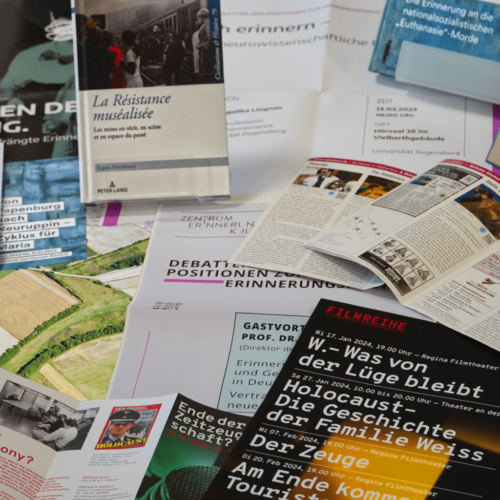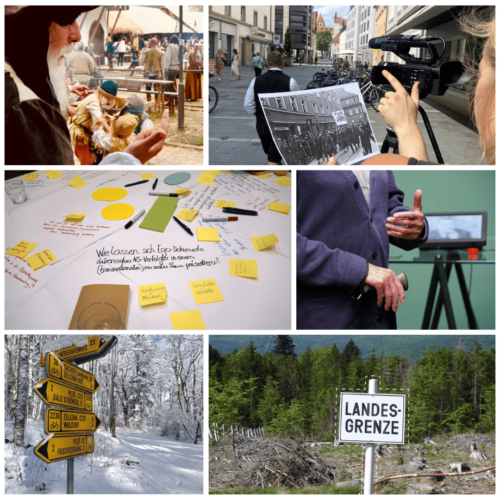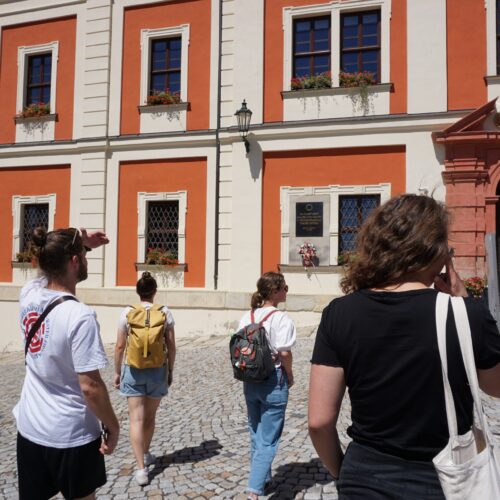Hinweis zur Barrierefreiheit:
S 214 ist ein ebenerdiger Seminarraum im 2. Stock des Sammelgebäudes. Auf dem Weg zum Raum gibt es eine steile Rampe, die mit Rollstuhl vor allem abwärts gute Steuerkünste erfordert.
Die Präsentation ist auf Englisch.
The Center for Holocaust and Genocide Research in Southeast Europe, officially established in January 2024 at the University of Rijeka, signifies an important moment in the commitment to advancing knowledge, fostering academic collaboration, and preserving the memory of historical events that have profoundly shaped our world. The vision of the Center is to facilitate local, microhistorical, comparative, interdisciplinary, as well as transnational approaches. The Center aims to serve as a hub for rigorous research and careful reflection. Its ultimate mission is to bridge the gap between local and global Holocaust and Genocide research and to increase the visibility of scholarship from Southeastern Europe.
On October 24, co-founders Vjeran Pavlaković and Katarina Damčević will present the members, goals, and current activities of the Center, highlighting dynamic research projects and opportunities for affiliation. All interested persons are cordially invited.
Vjeran Pavlaković is a Professor of History and Cultural Studies at the University of Rijeka, Croatia. He received his Ph.D. in History in 2005 from the University of Washington and has published articles on memory politics in Southeastern Europe, transitional justice in the former Yugoslavia, and Yugoslav volunteers in the Spanish Civil War. He is a co-editor of the volume Framing the Nation and Collective Identity in Croatia (Routledge, 2019), which was re-issued in Croatian in 2022. Since 2023 he is the co-PI for the Slovenian-Croatian project Mnemonic Aesthetics and Strategies in Popular Culture (MEMPOP). Current research includes graffiti and murals as sites of memory, Slow Memory and Balkan conflicts, and a history of Dalmatian immigrants in the American Southwest.
Katarina Damčević specializes in the semiotics of hate speech and controversial symbols in (post)conflict societies. In spring 2024 she began working as a researcher and academic coordinator in the Leibniz Institute for East and Southeast European Studies (IOS) as a member of the KonKoop Research Network. She is an external associate at the University of Rijeka, a lecturer at the University of Tartu, and a member of the editorial team of the Journal Southeastern Europe (Brill).
The event is a cooperation between the Leibniz Institute for East and Southeast European Studies (IOS Regensburg), the Center for Commemorative Culture (Zentrum Erinnerungskultur) and the Center for Holocaust and Genocide Research in Southeast Europe at the University of Rijeka.




